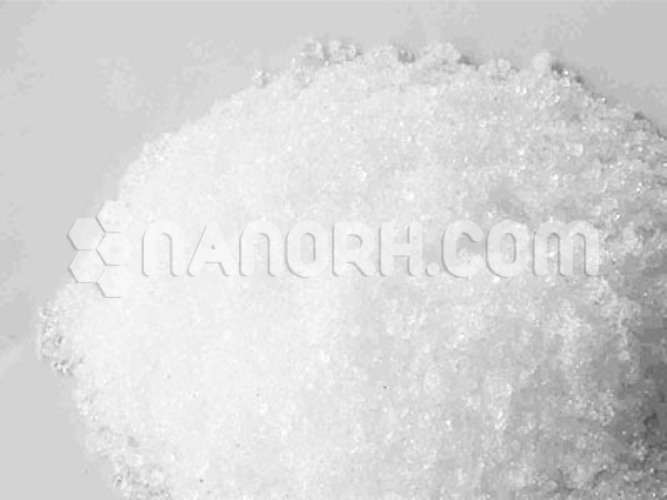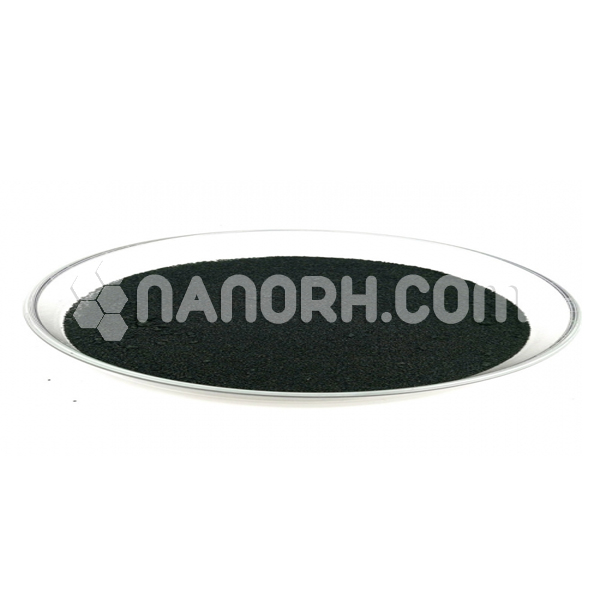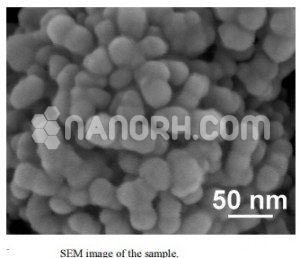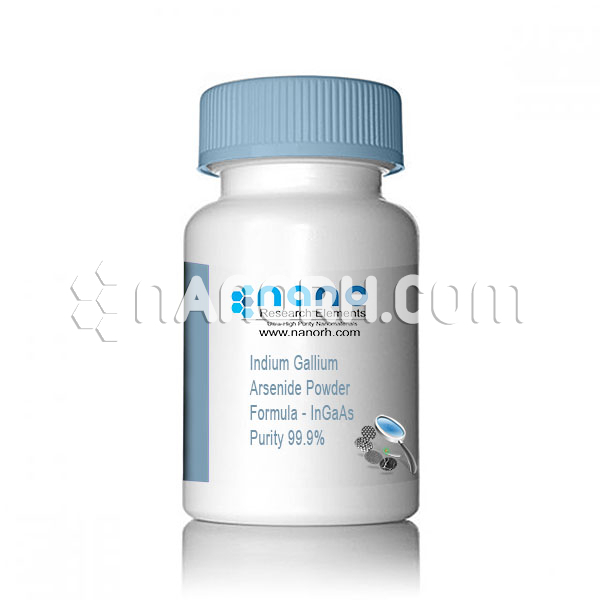| Rubidium Selenide Nanoparticles | |
| Product No | NRE-25011 |
| CAS | 31052-43-4 |
| Purity | 99.9 % |
| Molecular Formula | Rb2Se |
| Molecular Weight | 249.895 g/mol |
| Color | Gray |
| Density | 3220 kg/m-³ |
| APS | <100nm (can be customized) |
| Melting Point | 732°C |
| Boiling Point | NA |
Rubidium Selenide Nanoparticles
Rubidium selenide (Rb2Se) nanoparticles are a fascinating material with a range of potential applications due to their unique properties. Here’s an overview of some notable applications:
Semiconductors
Electronic Devices: Rb2Se nanoparticles can be used in semiconductor applications. Their electronic properties make them suitable for use in devices like transistors, diodes, and other components where specific bandgap properties are beneficial.
Optoelectronics
Photodetectors: Due to their ability to absorb and emit light, Rb2Se nanoparticles can be employed in photodetectors for various optical applications. This includes light sensors and imaging devices.
Photovoltaics: They can be explored for use in photovoltaic cells to convert light into electrical energy, particularly in applications requiring specific optical characteristics.
Catalysis
Chemical Reactions: Rb2Se nanoparticles can act as catalysts in various chemical reactions. Their ability to facilitate reactions can be harnessed in processes such as the hydrogenation of organic compounds or the conversion of raw materials into more valuable products.
Environmental Remediation
Pollutant Removal: R2Se nanoparticles can be used in environmental applications to remove pollutants from water or air. They can act as adsorbents or catalysts to break down harmful substances.
Energy Storage
Batteries and Supercapacitors: The electronic properties of Rb2Se nanoparticles make them suitable for use in energy storage devices. They can enhance the performance and efficiency of batteries and supercapacitors by improving charge storage and conductivity.
Sensing
Gas Sensors: Rb2Se nanoparticles can be utilized in sensors to detect gases, such as hydrogen or carbon monoxide. Their sensitivity to specific gases makes them valuable for environmental monitoring and industrial safety.
Material Science
Nanocomposites: They can be incorporated into nanocomposites to enhance the mechanical, thermal, or electrical properties of materials. This is useful in developing advanced materials for various industrial applications.
Thin Films: Rb2Se nanoparticles can be used in the creation of thin films for electronic or optical devices, where their specific properties can be leveraged for improved performance.
Optical Applications
Nonlinear Optics: The optical properties of Rb2Se nanoparticles make them suitable for nonlinear optical applications. They can be used in devices like optical switches or modulators, where their response to light can be controlled and utilized.




